This is what I keep muttering as I’m mesmerized by The Italian Americans documentary on PBS recently.
The story unfolding on my television is too familiar. The people working in sugar cane fields. The lynching. The ‘hot-headed’ label. The emerging ‘dark and criminal’ image. The attitude of ‘let them kill each other in their neighborhoods.’ The denigration of their names as part of the ‘other’ label. The horrible work conditions. The looking down upon how they worshipped their God and relegating that worship to basements. The labeling of a whole swath of them as ‘enemy aliens’ during World War II. The detention in camps, imposition of curfews, threats of deportation. The wealthy media mogul with dangerous sway. The resistance to their presence in the land of white bread opportunity.
Way too familiar. All, in this case, about the transition of Italians into America.
I love my country, but after watching this documentary, ‘melting pot’ feels like way too pretty a metaphor for these United States. But then maybe I have always been shortsighted about that term. Because in order to melt, the heat has to be turned up to frightening degrees. That’s the reality in literal terms.
We withstood the heat. That’s the upshot of all this. Sure, we’re still dealing with stereotypes. Within the last month I saw a dialogue on Facebook referring to the governor of New Jersey and one commenter dismissively noting it’s “Soprano Land.” I’m no fan of Chris Christie, but thanks for lumping us all into the psychotic mafia box.
It goes from that to the other extreme, right? Everybody wants a villa in Tuscany. Goodness, we are so romanticized as a culture whether we’re killing people or making fine wine on a sprawling vineyard. The Italians know how to live, baby.
Guess what? We do. It’s not a lifestyle for everybody, but boy do we live and love hard.
Watching The Italian Americans gave me more pride in my culture. Like so many of my fellow Italian-Americans, I’ve heard the stories passed down through the generations. It wasn’t like the information in the documentary was all new. But it provided a rich context that helped me understand my culture, my family, and myself better.
So often when any group feels under-represented in film or literature, the majority can be apathetic about it. I’ve written before about how a girl detective named Nancy Drew made a huge impact on me. It means something when we can relate to at least some of what’s represented as the norm in our culture. I can enjoy stories about people who are different from me, of course, but there’s something about reading a book where you’re along for that ride on a whole new level because you get that character in your core. I never got that from the Hardy Boys.
I’m currently reading My Brilliant Friend by Elena Ferrante about a friendship between two young girls living in the outskirts of Naples in the 1950s and I get all the dynamics in the novel on a visceral level. The tension between elders and youngsters, siblings, friends, classmates, crushes. It’s part of me.
In much the same way, I saw my own attraction to religious icons validated in the PBS film. I nodded as Hofstra professor Mary Anne Trasciatti described ours as a culture of “sight, sound and taste.” I understood why Mario Puzo got tired of being an artist when his novel about Italian family life didn’t sell so he upped the ante by including the seedier side of Italian-American life. My parents weren’t going to see The Godfather when it was released because it reinforced the criminal stereotype, but my mother tells me that a guy who was doing work on our house convinced them they had to see it.
What makes Italian-Americans wax nostalgic about the movie is mostly the family aspect. It was so stark to see ourselves, even in snippets, represented in pop culture. Our attachment to The Sopranos is similar. We understood the family life, the dynamics, the language, the food, how suspicious of education some of our people still are. Its creator David Chase even showed us the chasm between educated and non-educated Italian-Americans and the shame that the former often feel.
The Italian Americans film made reference to an article by Frank Sinatra in The New York Times and I couldn’t resist tracking it down in the archives. It was headlined ‘We Might Call This the Politics of Fantasy’ and it was written on July 24, 1972, shortly after he had been called to testify before the Select Committee on Crime in Washington, D.C. He notes that a lot of celebrities get unwarranted attention because they’re in the public eye.
“But it is complicated in my case because my name ends in a vowel,” Sinatra writes. “There is a form of bigotry abroad in this land which allows otherwise decent people, including many liberals, to believe the most scurrilous tales if they are connected to an Italian-American name.”
Later the article closes with this: “I would hope that a lot of Americans would begin to ask their representatives, in the Government and in the media, to start separating fantasy from reality, and to bring this sort of nonsense to an end once and for all.”
Sinatra mostly got his wish. Unfortunately now the scurrilous tales are about other ethnic and racial groups. I am so dismayed at the short memory span we seem to have about where we once were. Especially given that Sinatra himself was a generous financial supporter of Martin Luther King Jr. and received a lifetime award from the NAACP. What might he think about our treatment of Muslims and emigrating Latinos today?
“Even now, with all our problems, America is still a dream of oppressed people the world over,” Sinatra wrote in The Los Angeles Times on July 4, 1991. “Take a minute. Consider what we are doing to each other as we rob friends and strangers of dignity as well as equality. Give a few minutes of fairness to the house we live in, and to all who share it with us from sea to shining sea. For if we don’t come to grips with this killer disease of hatred, of bigotry and racism and anti-Semitism, pretty soon we will destroy from within this blessed country.”
Later in the piece, Sinatra writes, “I’m no angel. I’ve had my moments. I’ve done a few things in my life of which I’m not too proud, but I have never unloved a human being because of race, creed, or color.”
Yes.
I was talking to my mother about the PBS show and wanted to discuss how we as a nation respond to immigrants. Her mind immediately went to words like “handouts” and “expectations” and I tried to explain to her that I’m not talking about our laws or our politics (we respectfully disagree on the latter).
“I’m talking about our humanity,” I said.
People who are still coming here because of the opportunity must be stunned at how twisted our perceptions of them are. Did they know they’d be demonized? The Italians didn’t, at least not at first.
When I wrote a post on Facebook about how The Italian Americans documentary had me transfixed, one friend wrote, “We have certainly come a long way!”
She was right. Unquestionably, Italian-Americans have. Americans overall … I’m not so sure.

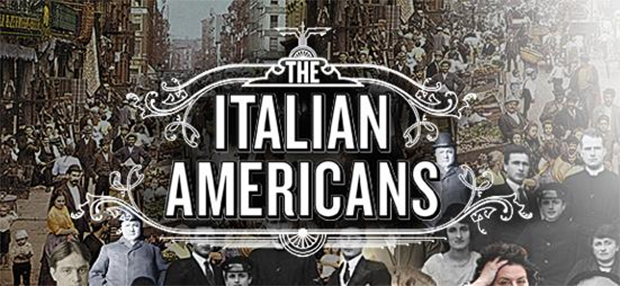
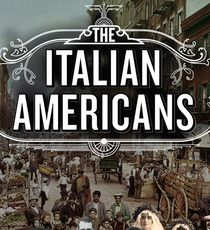
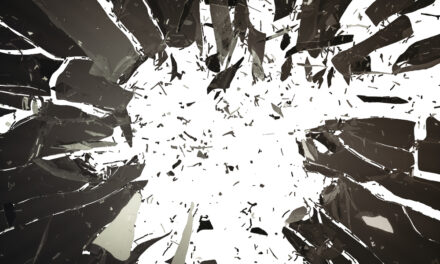
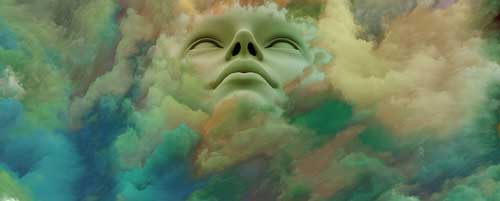
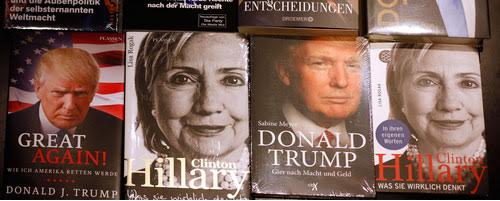


Beautiful, complicated article, Nancy. You’ve obviously done some heavy thinking about your heritage and your place in this degraded society we now live and and try to keep loving. Thanks for writing it down. Your words give me a different perspective on the Italian experience, as the PBS special did.
Thank you for your thoughts, Mary Lois. As you have obviously sensed, this subject is near and dear to my heart. You really got it and that means a lot.
Important insights beautifully, masterfully presented. From the son of an immigrant to America from Calabria, gratzie mille.
This feedback means so much. Thank you!